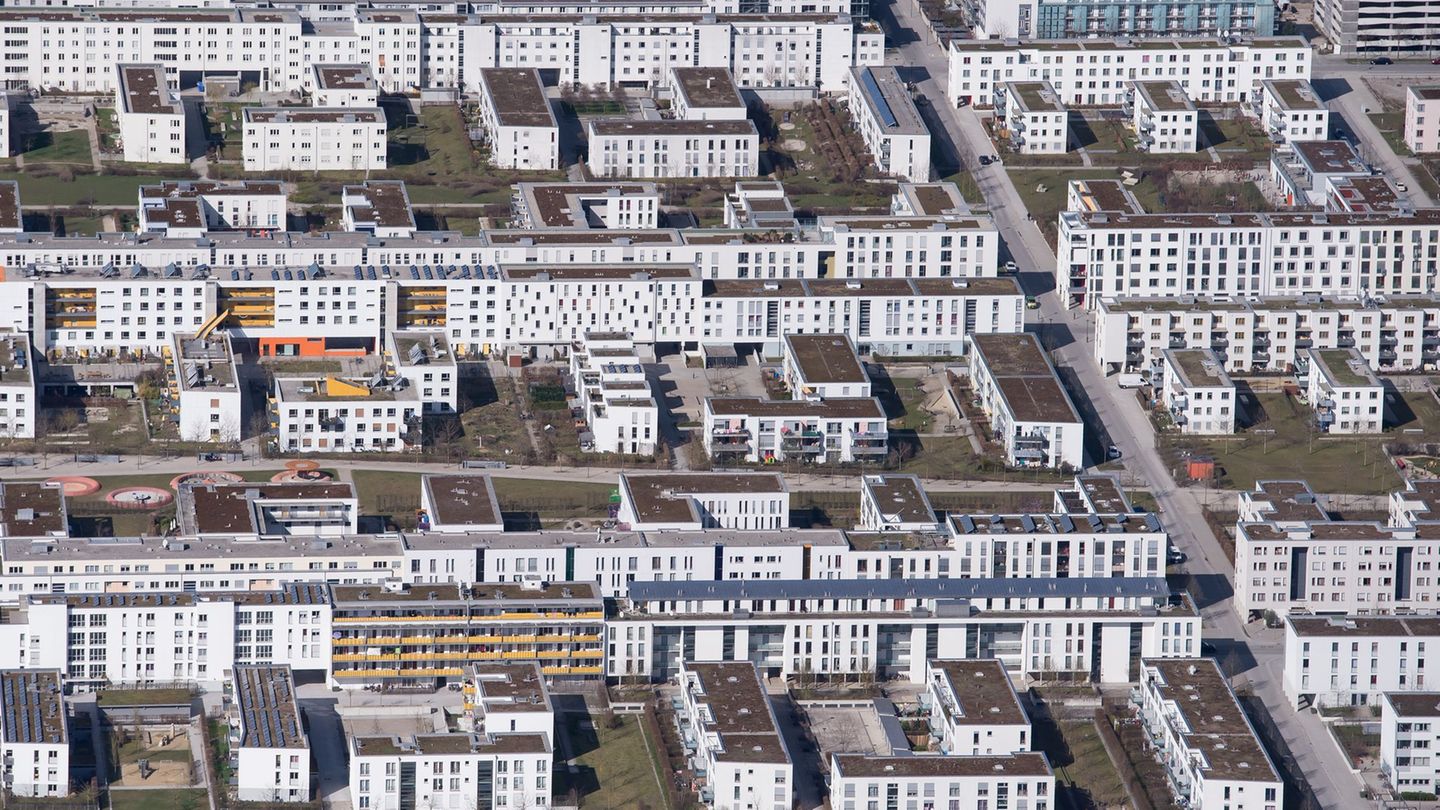Macron’s Together alliance would achieve between 25% and 25.8% of votes, while the New Ecological and Social Popular Union (Nupes) would reap 25% to 26.2%, according to opinion institutes after the closing of the polls, reported the AFP news agency.
The elections are key for Macron, re-elected for five more years on April 24 and who needs an absolute majority to be able to apply his liberal program without problems, such as delaying the retirement age from 62 to 65 years.
But, for the first time in 25 years, the main parties of the left – environmentalists, communists, socialists and France Insumisa (radical left) – decided to concur in a united front, led by Jean-Luc Mélenchon.
Macron’s Together alliance would achieve between 25% and 25.8% of votes, while the New Ecological and Social Popular Union (Nupes) would reap 25% to 26.2%, according to opinion institutes after the closing of the polls.
The French electoral system is complicated to make clear projections of the results. Voters must choose the deputy of their constituency -577 in total-, through a two-round uninominal majority system.
However, according to opinion polls, after the ballot on June 19, the forces that support the president would win between 260 and 310 seats, followed by Nupes (150 to 220). The absolute majority stands at 289 deputies.
The mobilization was key to the final balance of forces, especially when radical left and extreme right voters are more likely to abstain. Abstention stood at just over half, according to estimates.
A total of 48 million voters elect 577 deputies in the same number of constituencies.
As expected, abstention provided a key element, especially for the radical left and the extreme right, whose voters are more likely not to go to the polls. More than half of voters could abstain on Sunday, according to polls.
Almost two months after his re-election, Macron sees the governability of his second term threatened with the “third round” promoted by Mélenchon, 70, who after staying one step away from the presidential ballot managed to reunite the leftist political arch in the New Popular Ecologist and Social Union (Nupes).
This alliance, unprecedented in 25 years, seeks to rise up with the parliamentary majority to erect its leader, who does not compete in these elections, as prime minister and thus force a “cohabitation” that prevents the ruling party from continuing “with its unjust and brutal policy” .
Although legislative elections in France are traditionally a formality for the ruling party, which usually takes advantage of the electoral run of the presidential elections to gain an absolute majority in Parliament, this time the polls indicate a different trend.
After a first government marked by social unrest, his recent re-election against the far-right candidate Marine Le Pen had more to do with preventing a victory for the extreme right than with adhering to his program, in the midst of a context of concern for the economy in the face of rising prices linked to the war in Ukraine.
Although at first the ruling party downplayed Nupes’s threat, the attacks against the “Gallic Chávez”, as Economy Minister Bruno Le Maire called him days ago, have multiplied in recent weeks.
“We take it seriously, because both in the media and in the polls Mélenchon is the only one that currently exists beyond the presidential majority,” explained the ruling deputy Aurore Bergé in dialogue with the public network France 2.
The concern became evident after learning of the results of the first round of the legislative elections for the French abroad, held last weekend, in which Nupes managed to go to the ballot against Together in ten of the 11 constituencies, double with compared to 2017.
Although the ruling party headed the voting intentions in eight of those territories, this dynamic led the parliamentary leader of the Democratic Movement -a partner in the government alliance-, Patrick Mignola, to “fear an electoral accident,” reported the evening paper Le Monde.
Even Macron himself, who had stayed out of the campaign and had delayed its start by appointing his new government two days before the deadline, resumed movements on the ground to strengthen his party.
As happened in the final stretch prior to the presidential elections, the head of state again multiplied the nods to the left in his acts, where he focused on the favorite topics of this electorate -such as health, education and youth-, and relegated his liberal agenda, mainly his controversial pension reform, which he postponed to 2023.
Source: Ambito
David William is a talented author who has made a name for himself in the world of writing. He is a professional author who writes on a wide range of topics, from general interest to opinion news. David is currently working as a writer at 24 hours worlds where he brings his unique perspective and in-depth research to his articles, making them both informative and engaging.




